Fabrics & material
Nylon & Polyester textiles
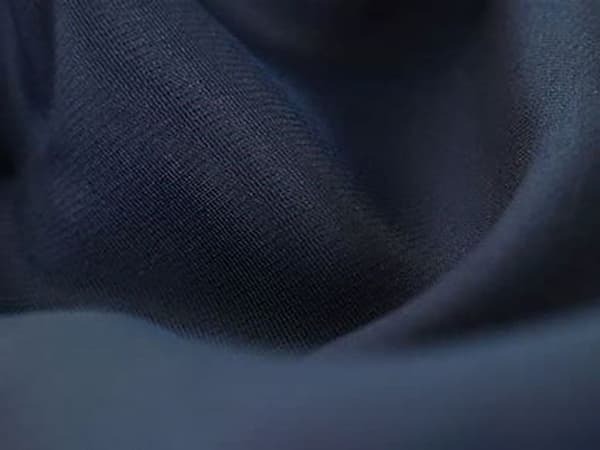
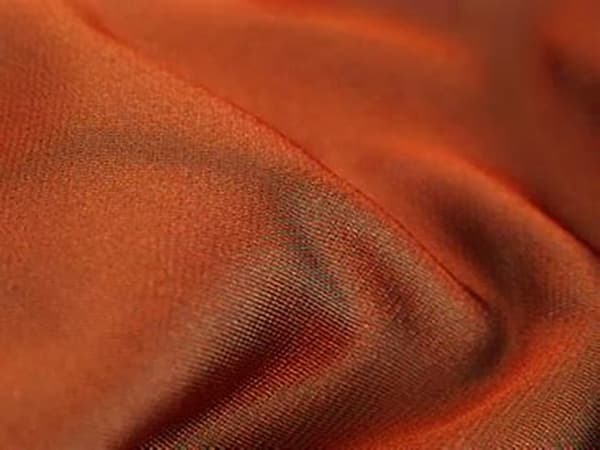
Nylon (Polyamide) and polyester (Polyethylene Naphtholate) are both synthetic fabrics, but nylon production is more expensive, which results in a higher price for the consumer. Nylon also tends to be more durable and weather-resistant, which is why it is more likely to be used in outdoor apparel or sports specialist suits. Both fabrics are flame retardant, but nylon is stronger, more common to certain kinds of apparel, including lingerie, tights, raincoats, and swimwear. Carpets, drapes, and bedding, While polyester is more heat-resistant. More widely used in all kinds of apparel. Carpets, drapes, and bedding, some industrial use.
Both nylon and polyester are used in a wide variety of items, from apparel, to home furnishing, to consumer electronics, and much more.
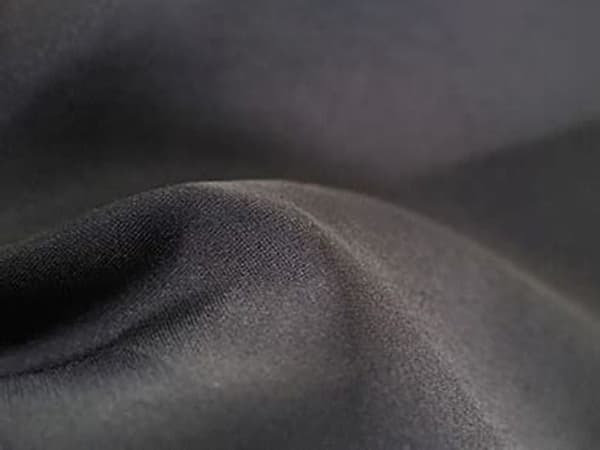
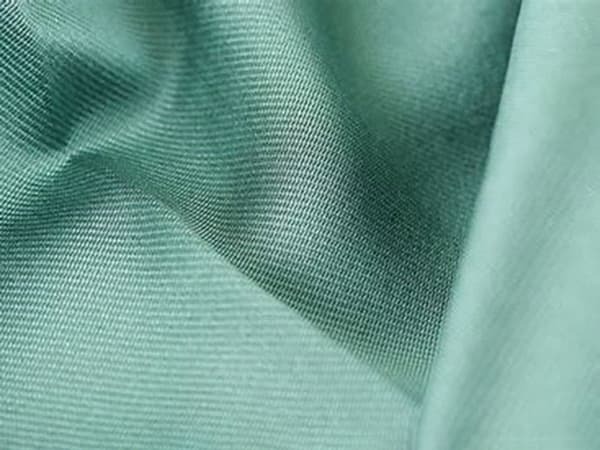
Polyester is more widely used in apparel, found in almost every form of clothing. Typically nylon is only used for blouses, dresses, foundation garments, hosiery, lingerie, tights, underwear, raincoats, ski apparel, windbreakers, swimwear and cycle wear.
Comfort wise, both nylon and polyester are light-weight, quick-drying and smooth. Nylon tends to be warmer than polyester and can often be sweatier or cling more to the body.
Any fiber can cause allergic reactions. However, people tend to be more allergic to the finishing resins used in synthetic fiber production to render them waterproof. As such, neither nylon nor polyester is more allergy-inducing than the other. Concerning their use in carpets and other home goods, since nylon and polyester are manufactured fibers, they tend to repel typical allergens. This makes them more hypo-allergenic.
Both nylon and polyester are easy to wash and are mildew resistant. Both can be washed in a washing machine and dried on a low heat cycle. Articles made from nylon or polyester should be removed from the dryer immediately. A warm iron can be used on either nylon or polyester. Polyester generally can be dry-cleaned, depending on the manufacturer's instructions. However, nylon cannot be dry-cleaned as the solvents melt the material.
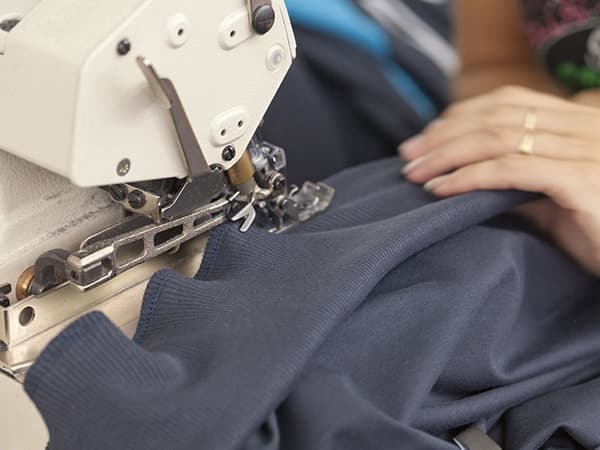

While neither nylon nor polyester is as green as natural fibers, they can both be made with minimal environmental impact. Most nylon is made from the unavoidable byproducts found at oil refineries. Polyester is non-biodegradable, but it can be recycled. In fact, it is possible to purchase 100 percent recycled polyester fabric.
